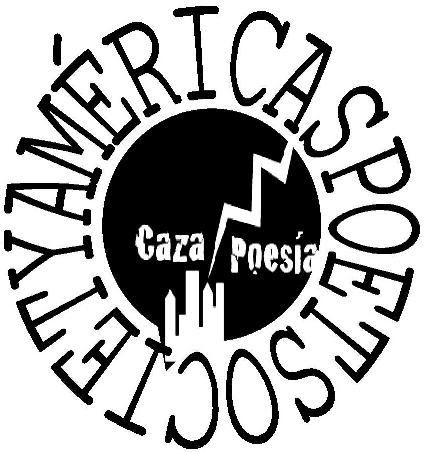PUBLISHED BOOKS ON WORLD POETRY DAY!
©AVEditor, founded on World Poetry Day, March 21, 2003, is a grassroots cooperative press that publishes poetry in Spanish and bilingual formats by authors from culturally diverse communities. Our work is rooted in the belief that publishing these writers advances the appreciation of poetry and is vital to sustain a creative dialogue in the framework of peace and sustainable development, among the people of diverse cultures.
©AVEditor publishes POESÍA FÉSTIVAL, an annual review with selections of living Latin-American poets and poetry written in Spanish in the United States and abroad. Selected and edited by Antonieta Villamil in collaboration with poets, translators, and editors from around the world.
©AVEditor is also known under the imprints Caza Poesía, Casa de Poesía, Poesía Féstival, OwlCrow, Muisca, Poets Against War, Moradalsur, Latino Press, Golden Frog Press, PuñoLetra and Pluma Nómade.
AVEditor presents these awards under the imprint Caza de Poesía in the collections: Poets Against War, Poetry Solo, De-Canto el Canto and Moradalsur.
AVEditor presents the 2008 CAZA DE POESÍA DECANTO EL CANTO AWARD to poet LETICIA LUNA for her book Wounded Days-Los Dias Heridos. Here with us today all the way from México City:
©AVEditor publishes POESÍA FÉSTIVAL, an annual review with selections of living Latin-American poets and poetry written in Spanish in the United States and abroad. Selected and edited by Antonieta Villamil in collaboration with poets, translators, and editors from around the world.
©AVEditor is also known under the imprints Caza Poesía, Casa de Poesía, Poesía Féstival, OwlCrow, Muisca, Poets Against War, Moradalsur, Latino Press, Golden Frog Press, PuñoLetra and Pluma Nómade.
AVEditor presents these awards under the imprint Caza de Poesía in the collections: Poets Against War, Poetry Solo, De-Canto el Canto and Moradalsur.
AVEditor presents the 2008 CAZA DE POESÍA DECANTO EL CANTO AWARD to poet LETICIA LUNA for her book Wounded Days-Los Dias Heridos. Here with us today all the way from México City:



AVEditor presents the 2009 CAZA DE POESÍA MORADALSUR in the Spanish poetry category to ESTRELLA DEL VALLE, for her book NO VAYAS A JALAR DEL GATILLO.
AVEditor presents the 2009 CAZA DE POESÍA MORADALSUR AWARD to muralist and painter ALBERTO GÓMEZ, Colombian born from Florida.
And the 2009 CAZA DE POESÍA MORADALSUR AWARD to song writer JOE CUMBÉ Colombian born from Los Angeles.
Follow this blog and share among your friends. Thank You!
AVEditor has the pleasure to announce its perfect bound handmade books published on WORLD POETRY DAY / March 21 of 2010 to celebrate the excellency and mastery of the work of our artists, painters, songwriters, poets and writers and in that spirit, it is an honor for AVEditor to present the Caza de Poesía Moradalsur awards.
AVEditor presents the bilingual book Auto-Poetic and The 2008 Poets Against War Award to Colombian born from North Hollywood, poet, writer and cultural promoter Dukardo Hinestrosa:

































